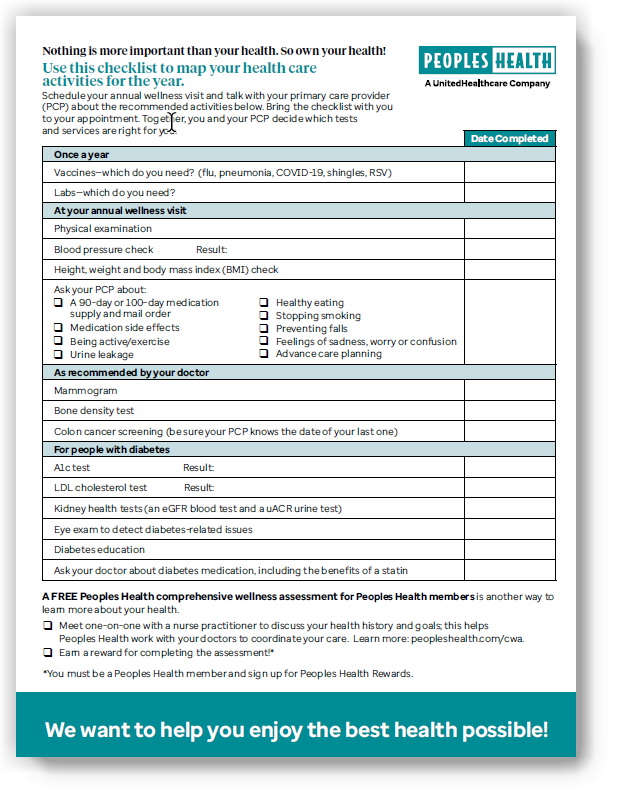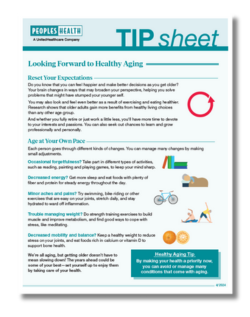Our brains take in information to help us make sense of the world around us. But aging, some medical conditions and diet can affect brain health. The best defense is knowing how the brain works and the things you can do to help it stay healthy.
How the Brain Works
We use what’s called cognitive skills to carry out even the simplest tasks. These skills are how the brain learns, stores, processes, recalls and shares information. In other words, we use them to think, read, remember, reason and pay attention.
When we learn new things or have new experiences, our brain cells create pathways and communicate with other areas of the brain. These pathways make up the brain’s memory and ability to think. When we don’t learn new things for long stretches of time, our brain slows down.

How Growing Older Affects Our Brains
We use what’s called cognitive skills to carry out even the simplest tasks. These skills are how the brain learns, stores, processes, recalls and shares information. In other words, we use them to think, read, remember, reason and pay attention.
When we learn new things or have new experiences, our brain cells create pathways and communicate with other areas of the brain. These pathways make up the brain’s memory and ability to think. When we don’t learn new things for long stretches of time, our brain slows down.

Simple Things to Do to Help Keep Your Mind Sharp
Think about what you eat.
Certain foods are “brain foods,” meaning they’re especially good for brain health. Add some of these to your daily diet:
Omega-3 fatty acids
• Tuna, salmon, sardines
• Shellfish, shrimp
• Canola, flaxseed, soybean and olive oils
• Walnuts, flaxseeds, olives
Vitamins B-12, B-6 and folate
• Lean meats, chicken, fish, cheese, milk
• Whole and fortified grains
• Dark green vegetables, asparagus, lima beans
• Oranges, blueberries
Antioxidants (vitamins E and C)
• Egg yolks, vegetable oils
• Wheat germ, whole grains, seeds, nuts
• Citrus fruits, kiwis, strawberries
• Broccoli, Brussels sprouts, cabbage
• Tomatoes, potatoes, peppers
Be active!
Studies show that physical activity may delay the onset of dementia and decrease depression. It also increases energy and circulation, sending oxygen
to the brain. Walking is a great low-impact exercise.
Remember, always discuss a new fitness routine with your doctor.Remember, always discuss a new fitness routine with your doctor.
And since new experiences help keep our minds active and sharp, we need to exercise our brain, too. So, try a variety of these on a regular basis:
- Reading, playing games and doing puzzles
- Painting
- Dancing
- Learning a new language or how to play a musical instrument
- Performing home repairs or woodworking
- Traveling and socializing










